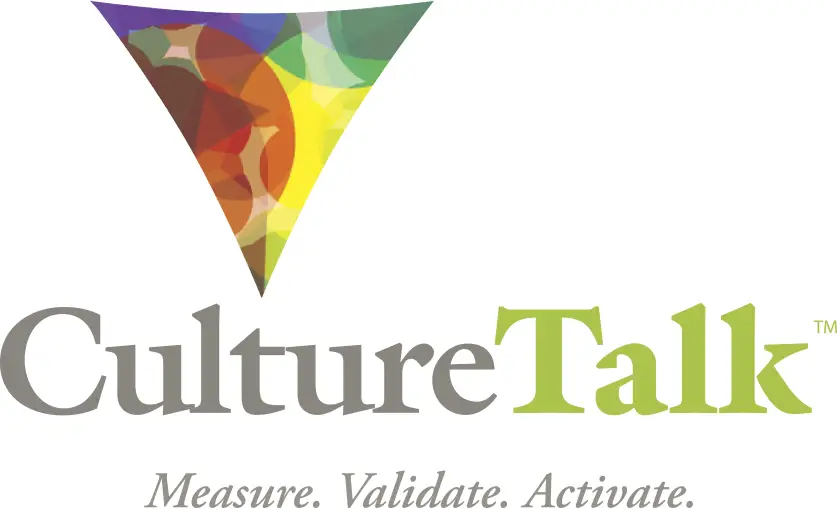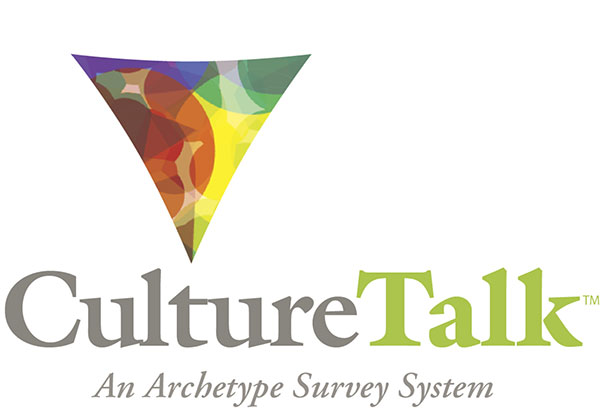Trends Transforming Business: ESG, Purpose and Culture
- December 9, 2020
- 4:35 pm
- Cynthia Forstmann
“Times change,” says a Latin proverb, “and we must change with them.”
I attended a fascinating panel discussion – “Doing Good by Doing Well: Developing a Portfolio with Purpose.” The event that was co-sponsored by Conscious Capitalism Denver, a non-profit focused on ‘elevating humanity through business and Nuuveen, an investment group with a commitment to ‘making the world a better place along the way’ to helping clients meet goals.
The topic was timely – four speakers provided their perspective on how ESG trends are shaping business and financial markets. ESG can also be referred to as sustainable investing, responsible investing, impact investing, or socially responsible investing.
Here’s a more formal definition from Investopedia:
Environmental, social and governance (ESG) criteria are a set of standards for a company’s operations that socially conscious investors use to screen potential investments. Environmental criteria consider how a company performs as a steward of nature. Social criteria examine how it manages relationships with employees, suppliers, customers, and the communities where it operates. Governance deals with a company’s leadership, executive pay, audits, internal controls, and shareholder rights.
Why should companies care about ESG?
As the panelists described it, ESG is no longer a trend that can be ignored. Some stats:
- More than $12 trillion dollars is invested based on ESG criteria
- That’s $1 dollar out of every $4 dollars
- And it represents a 44% increase over the past two years alone
- In the past five years, the top 25% of business schools have added sustainable investing to their degrees (Wall Street Journal)
If investors are now screening opportunity based on a company’s environmental, social and governance performance, imagine how CEOs and Boards are feeling about the new level of scrutiny? Now, in addition to operational and financial performance, they need to monitor their ESG rankings.
What gets measured improves
“The science of measuring ESG is in its infancy,” according to Rebecca Jackson of FutureValue, as she described a growing number of frameworks and data companies looking to get in on it, ‘but what gets measured improves.” Jackson and a second panelist, Alanna Fishman of Cornerstone Energy Solutions represented the C-suite’s point of view on ESG: How do they adapt their business models to hit ESG metrics?
Fishman called it “a culture issue that requires a fundamental change in strategy, operations, and people management.” For companies who are just starting to think about ESG, she encourages them, “Focus on substance over image.”
The panel agreed that ESG is something all companies should be looking into, even private firms. It’s not just the market that is expanding its expectations about what good business looks like. Employees are demanding it. Millennials are driving it. Society has had it with the profit-at-all-cost model that leaves damage in its wake. And more and more, the world is looking at whether or not capitalism is serving the common good and it is putting the onus on corporations to take a lead in solving the challenges of our times.

Redefining the Purpose of Business
The panel also referenced the recent announcement by the influential Business Roundtable (BRT), an association of almost 200 CEOs from prominent American companies, The group was originally founded on the idea of stockholder value as the first order of business. However, on August 19, the introduced a new statement about the purpose of a corporation and it includes:
- Delivering value for customers
- Investing in employees
- Fostering diversity and inclusion
- Dealing fairly and ethically with suppliers
- Supporting the communities in which we work
- Protect[ing] the environment.
You can learn more about BRT’s recent statement here: America’s CEOs Seek a New Purpose to the Corporation (Fortune Magazine).
It’s exciting to see the conversation at the top changing, but change is a process. If in the past organizations have had a ‘check-the-box’ mentality about social responsibility and organizational culture, the time to get real is here. The transparency of the internet, social media and AI technologies allows the world to see behind-the-curtain and there’s an expectation for effort in becoming a company that is having a positive impact on the world.






